
Political science is a multifaceted discipline that plays a crucial role in understanding the complexities of governance, political behavior, and the structures that shape societies. As a social science, it examines how power is distributed, how political entities function, and the impact of policies on citizens and communities. This field encompasses a broad range of topics, including political institutions, governance models, international relations, and the analysis of political behavior.
The study of political science is significant for several reasons. Firstly, it provides insights into the mechanisms of authority and decision-making processes that govern societies. Through this understanding, individuals can engage more effectively in civic activities, making informed choices that influence their communities and the broader political landscape.
Political institutions, such as legislatures, executives, and judiciaries, form the backbone of any political system. These institutions are analyzed for their design, functionality, and the role they play in the overall governance of a nation. Understanding how these structures operate helps individuals grasp the dynamics of power and the legal frameworks that underpin society.
Furthermore, political science explores various governance models, such as democracy, authoritarianism, and totalitarianism. Each model offers different approaches to rule, power distribution, and citizen participation, thus shaping the political experience of a population. By examining these systems, scholars and practitioners alike can identify strengths and weaknesses inherent in different approaches to governance.
Finally, the significance of political behavior cannot be underestimated. It encompasses the actions and attitudes of individuals, groups, and institutions within the political realm. By studying political engagement, voting patterns, and public opinion, political scientists can better assess how citizens influence policy decisions and electoral outcomes. In essence, political science serves as a vital tool for understanding the intricate tapestry of human interaction within the political sphere.
Political systems form the backbone of governance and societal organization, delineating how power is distributed and exercised within a community. At its core, a political system comprises interrelated institutions, actors, and processes that establish authority and shape public policy. Understanding the foundations of these systems is essential for comprehending how societies regulate themselves and interact with one another.
There are several forms of government structures, each with unique characteristics and functions. Democracies, for instance, are systems in which power is vested in the populace, either directly or through elected representatives. This participatory approach encourages citizen engagement, accountability, and a focus on human rights. In democratic contexts, public policy is typically shaped through debate, deliberation, and electoral feedback.
In contrast, autocracies centralize power within a single authority or a small group, often curtailing individual freedoms and limiting citizen participation in governance. Autocratic systems can take the form of absolute monarchies or authoritarian regimes, where political opposition is stifled, and public policies are dictated by the ruling elite without extensive consultation with the broader populace.
Monarchies present another distinctive political structure, which can be either constitutional or absolute. In constitutional monarchies, the monarch’s powers are limited by a constitution or legislative body, allowing for democratic governance alongside royal traditions. Conversely, absolute monarchies grant the ruler significant control over all aspects of governance, leaving little room for democratic processes.
The impact of these various frameworks on political behavior is noteworthy. Public perceptions of legitimacy, civic engagement, and policy implementation vary greatly depending on the nature of the governing system. Thus, the study of political systems remains a critical area within political science, informing both theory and practice as societies evolve and adapt to new challenges.
Comparative politics is a vital branch of political science that examines and contrasts various political systems across the globe. By analyzing diverse governance models, political scientists seek to understand how different political entities function, their structures, processes, and outcomes. This comparison can shed light on why certain systems succeed or fail, as well as offer insights into the broader dynamics of political institutions.
One of the prominent political systems frequently discussed in comparative politics is the democratic model. Democracies can be further classified into various types, such as parliamentary and presidential systems. In parliamentary democracies, like those in the United Kingdom or Canada, the executive branch derives its legitimacy from the legislature, often leading to a fusion of powers. In contrast, presidential democracies, exemplified by the United States, maintain a clearer separation of powers, with an elected chief executive independent of the legislative body. These differences in governance structure greatly influence policy-making, political stability, and citizen engagement.
On the other hand, authoritarian regimes present a stark contrast to democracies. Countries such as China and Russia demonstrate various authoritarian governance models, where political power is concentrated in the hands of a single leader or party. Comparative politics facilitates the study of these systems, allowing scholars to explore how power is maintained, dissent is managed, and the role of state institutions. Notably, the process of democratization in some authoritarian regimes brings about interesting comparisons, as some nations evolve towards more democratic practices while others maintain stringent controls over their political landscapes.
In essence, comparative politics encourages a deeper understanding of global political landscapes. By examining the differences and similarities between various governance models, political scientists can derive essential lessons about the effectiveness of institutions and the dynamics of power. This knowledge proves invaluable for policymakers and citizens alike, as it informs discussions about governance reform and the promotion of democratic principles worldwide.
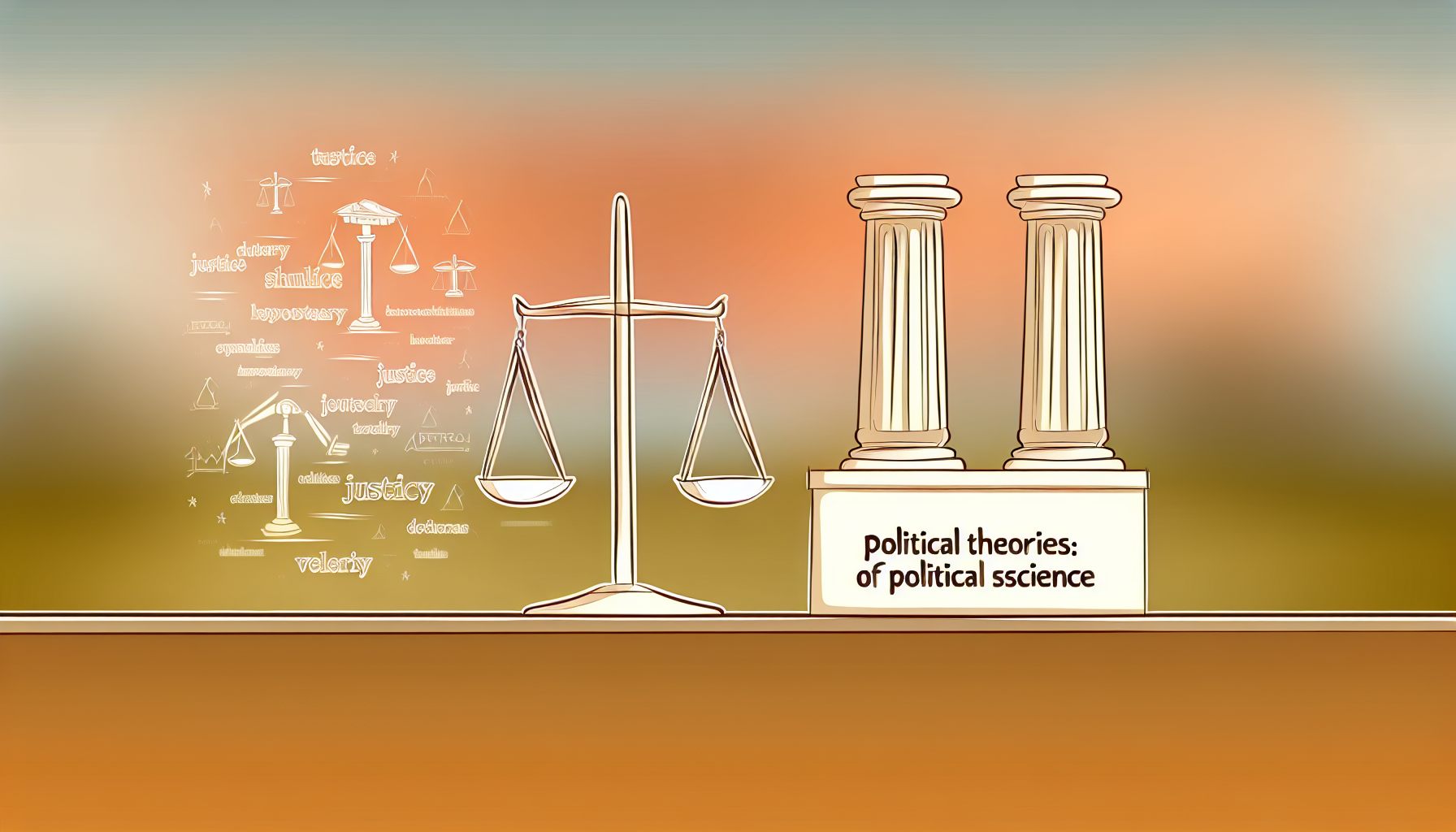
Political theories serve as the foundational framework for political science, shedding light on how societies organize power and governance. Various political theories have emerged over time, influencing political behavior and shaping public policy across the globe. These theories include liberalism, conservatism, socialism, and others, each presenting distinct perspectives on governance, rights, and the role of the state.
Liberalism, emphasizing individual rights and freedoms, advocates for limited government intervention in personal affairs. Key proponents like John Locke and John Stuart Mill argued that individuals should have the autonomy to pursue their own happiness, leading to the establishment of democratic institutions and free-market economies. This theory has laid the groundwork for many contemporary democratic systems, influencing policies aimed at promoting civil liberties and social justice.
In contrast, conservatism is grounded in the appreciation for tradition and a cautionary approach to rapid change. Thinkers such as Edmund Burke emphasized the importance of established customs and institutions in maintaining social order. Conservative theories advocate for a role of government that supports laws and traditions believed to ensure stability and continuity within society.
Socialism emerged as a response to the inequalities generated by industrial capitalism. Prominent advocates like Karl Marx and Friedrich Engels critiqued existing class structures, proposing that a collective ownership of production would lead to a fairer distribution of resources. This theory has played a significant role in shaping labor movements and public policy aimed at reducing economic disparity in various nations.
Each of these political theories fosters ongoing debates that shape political thought. As societies grapple with contemporary challenges—such as climate change, economic inequality, and human rights—the relevance of these foundational theories persists, prompting continued examination and adaptation to modern issues. The interplay between these ideologies and existing political structures reveals the complexities and dynamism of political science.
Political institutions are fundamental components of governance, serving as the official structures through which political power is exercised and maintained. These institutions provide essential frameworks for the formulation, implementation, and enforcement of laws within a society. Broadly categorized into three branches—legislatures, executives, and judiciaries—each plays a distinct but interrelated role in shaping political dynamics and governance outcomes.
The legislature is primarily responsible for law-making, representing the interests of the populace and safeguarding democratic principles. Legislators engage in debate, deliberation, and consensus-building to formulate policies that address societal needs. This institution not only enacts laws but also holds the executive accountable, ensuring transparency and integrity in governance. Through mechanisms like hearings, inquiries, and oversight committees, the legislature influences government actions significantly.
On the other hand, the executive branch is tasked with implementing and enforcing laws passed by the legislature. Comprising the head of government (such as a president or prime minister) and various administrative agencies, the executive plays a vital role in policy execution and international diplomacy. Its decisions can have immediate consequences on both domestic policies and international relations, making it a pivotal institution in governance.
Lastly, the judiciary serves as the guardian of the rule of law, interpreting legislation and adjudicating disputes. Its independence is critical to protecting individual rights and maintaining checks and balances within the political system. The judiciary’s role in reviewing legislative and executive actions ensures that all laws comply with constitutional mandates, thereby upholding justice and societal order.
In conclusion, political institutions are essential for effective governance. Their interplay influences both the stability of the political system and the overall well-being of society. Understanding how these institutions function within various political contexts is crucial for grasping the complexity of political science as a whole.
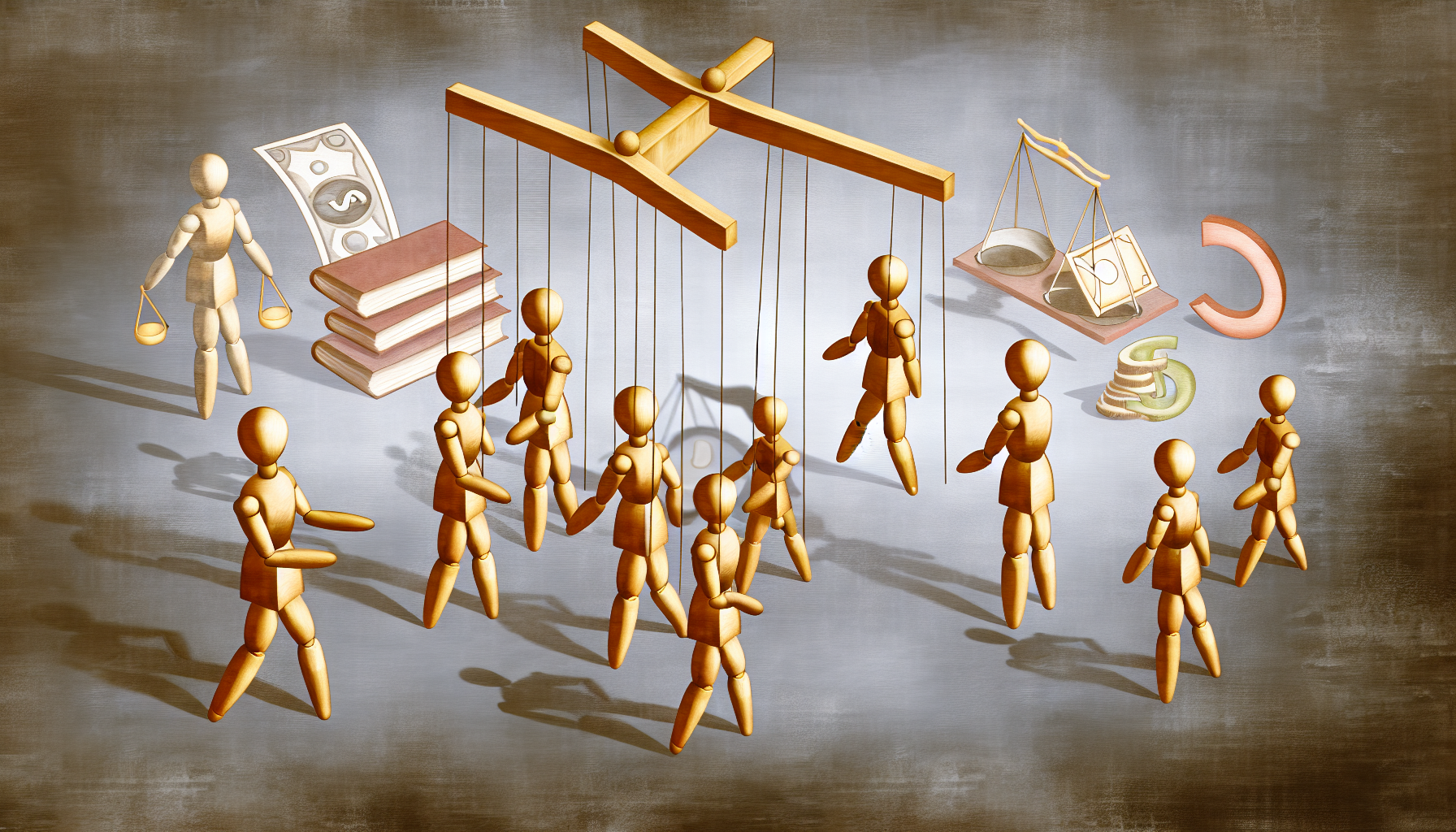
Political behavior refers to the ways in which individuals and groups participate in the political process, influencing and shaping governance and public policy. This engagement can take various forms, including voting behavior, political activism, and party affiliation. Understanding these behaviors is crucial for comprehending the dynamics of political systems and the functioning of democratic societies.
Voting behavior serves as a fundamental mechanism through which citizens express their political preferences. It reflects the collective attitudes of the electorate and plays a pivotal role in determining electoral outcomes. Factors such as socioeconomic status, education, and demographic characteristics heavily influence how individuals cast their votes. Additionally, the role of voter mobilization efforts, particularly during election cycles, cannot be overstated. Political campaigns deploy various strategies to encourage voter turnout, seeking to engage citizens who may otherwise feel apathetic or disenfranchised.
Another significant aspect of political behavior is activism. Individuals engage in activism to advocate for specific causes, either through organized movements or grassroots initiatives. This active involvement can influence public opinion and prompt policy changes, highlighting the importance of civic engagement in democratic societies. Activism often transcends traditional party lines, uniting a diverse array of individuals who share common objectives. As such, it contributes to the broader discourse within political contexts, often shaping the agendas of political parties and institutions.
Party affiliation also plays a critical role in political behavior, influencing the decisions individuals make regarding their engagement in politics. People often align with political parties that reflect their values and beliefs, leading to a sense of identity and community within the broader political landscape. This affiliation not only shapes personal voting habits but also impacts how individuals interpret political events and policy debates.
In conclusion, political behavior is instrumental in facilitating active participation in political processes. By examining voting patterns, activism, and party affiliation, one gains a deeper understanding of how public opinion influences political institutions and governance. These behaviors underscore the vital connection between individuals and the political frameworks that govern society.
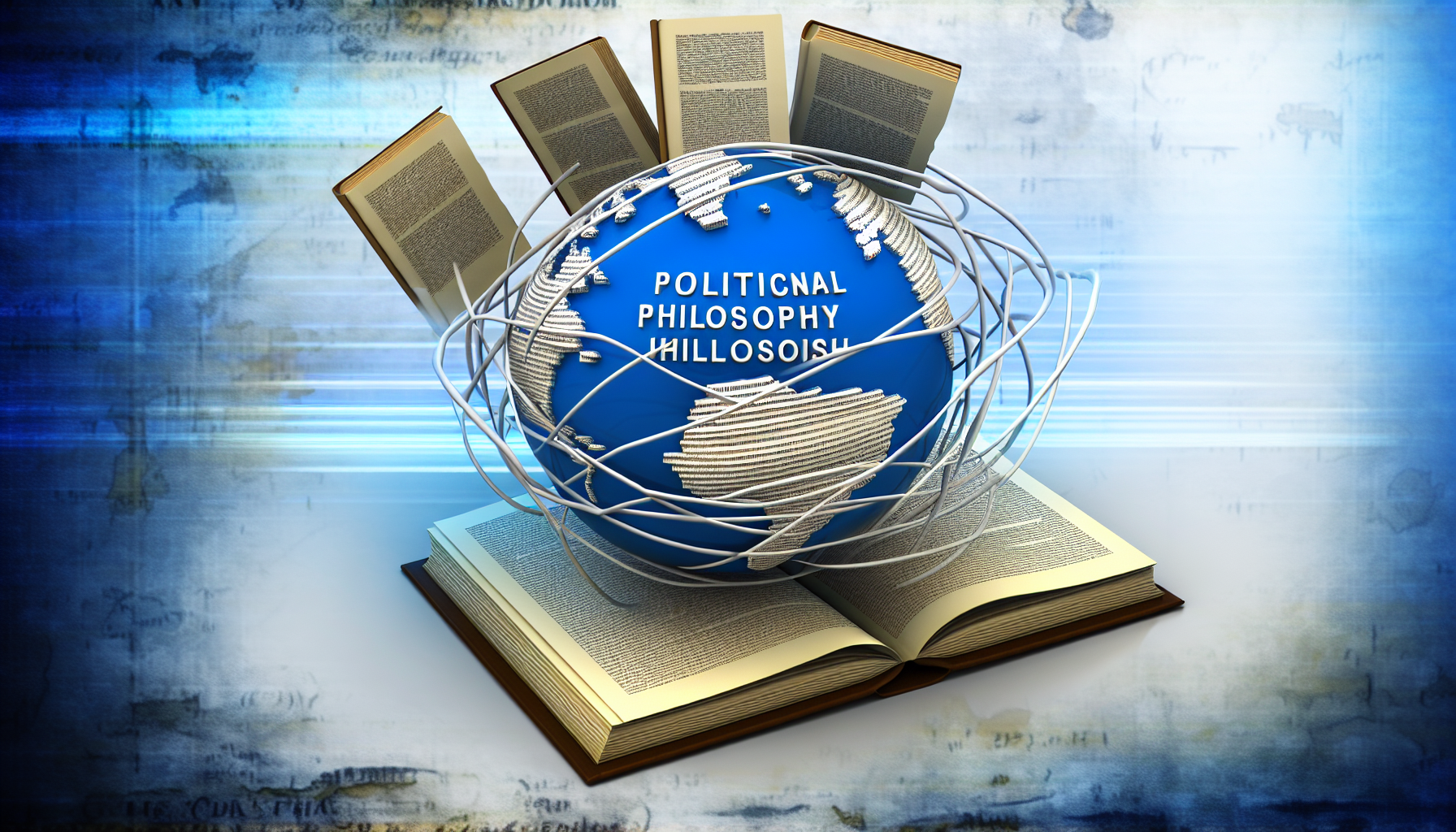
Political philosophy plays a critical role in shaping contemporary international relations by providing the theoretical foundations through which we understand state behavior and foreign policy decisions. Throughout history, various philosophical perspectives have influenced how nations perceive their roles within the global arena, thereby affecting their diplomatic relations and international interactions. For instance, the realism theory, grounded in a pragmatic view of international politics, asserts that states act primarily in their self-interest, often leading to power struggles and competition. This aligns closely with philosophical underpinnings that prioritize the role of power and security in state relations.
Conversely, liberalism introduces a more optimistic viewpoint wherein cooperation, international institutions, and shared values are emphasized. Political philosophers like John Locke and Immanuel Kant have laid the groundwork for this approach, advocating for the importance of democracy, human rights, and the rule of law in fostering peaceful international relations. The emergence of multilateral institutions such as the United Nations can be traced back to these philosophical ideals, which seek to mitigate conflict and promote collective security through shared governance.
Moreover, constructivism highlights how social processes, cultural norms, and identity shape state behavior. Political philosophers such as Friedrich Nietzsche and Michel Foucault have contributed to this theoretical tradition, examining how perceptions and beliefs influence international actors. Through a constructivist lens, the evolving dynamics of global societies underscore the significance of shared identities and historical narratives in diplomatic relations, making it evident that philosophy goes beyond abstract thought—actively guiding the policies and strategies of states worldwide.
As we analyze both historical and modern philosophies, it becomes clear that the intersection of political philosophy and international relations is profoundly insightful. The philosophical frameworks not only inform the decisions made by state leaders but also influence broader global trends, shaping the course of international history itself.

Public policy refers to the principles and guidelines formulated by governmental bodies to address societal issues and respond to public needs. It represents a critical aspect of political science because it reflects how political theories and frameworks are applied in practice. Public policy impacts citizens’ daily lives, from healthcare and education to transportation and environmental sustainability. Understanding the public policy process is vital for comprehending the overall functioning of political systems.
The policy-making process consists of several stages: agenda-setting, formulation, implementation, and evaluation. In the agenda-setting phase, issues are identified and prioritized based on public concern and political feasibility. For instance, economic crises or natural disasters often propel certain issues to the forefront. The next stage, formulation, involves developing strategies and proposals to address the selected issues. Policymakers, including legislators, government agencies, and think tanks, collaborate to draft policies that reflect the community’s needs and values.
Once formulated, the policy enters the implementation stage. This phase involves executing the policy through various governmental departments. For example, an educational reform policy may require adjustments in school funding and curriculum standards across public school systems. Successful implementation hinges on effective collaboration among different institutions and adherence to budgetary constraints and legal frameworks.
Finally, evaluating public policy assesses its impact and effectiveness. This step often involves collecting data to measure outcomes against the original goals. By analyzing policy success and areas needing improvement, policymakers can refine strategies and develop new initiatives. A practical example of public policy evaluation is the analysis of healthcare reforms, where outcomes such as improved access to care or reduced costs inform future decisions. Through these stages, public policy exemplifies the intersection of theoretical concepts and tangible outcomes in the realm of politics.
Governance models serve as frameworks through which political systems operate, influencing both the structure of government and the relationship between the state and its citizens. Among the most prominent governance models are representative democracy, authoritarianism, and technocracy, each bearing distinct characteristics and implications for political stability, public satisfaction, and economic performance.
Representative democracy empowers citizens to elect officials who make decisions on their behalf, promoting participation and accountability. A hallmark of this model is the emphasis on civil liberties and rights, contributing to higher levels of public satisfaction when adequately implemented. Countries like Sweden and Canada exemplify effective representative democracies, demonstrating capacity for stability through political pluralism and meaningful public engagement. Nonetheless, challenges such as partisanship and voter apathy can hinder effectiveness.
In contrast, authoritarianism centralizes power, often sidelining political dissent in favor of stability and order. While such regimes may achieve rapid economic growth and maintain control through coercion, they frequently do so at the expense of public satisfaction and individual freedoms. Countries that exhibit authoritarian tendencies, such as North Korea and Belarus, provide insights into the potential for unrest and dissatisfaction that can arise from repressive governance, ultimately affecting long-term stability.
Technocracy, a relatively modern governance model, advocates for the rule of experts and technical specialists in decision-making processes. This approach focuses on data-driven policy formulation aimed at optimizing resource allocation and problem-solving. While technocracy may yield positive economic outcomes, its effectiveness largely depends on the extent to which experts are held accountable and how public interests are represented. This model can foster efficiency, but it risks alienating the populace if perceived as detached from citizen concerns.
In evaluating these governance models, it becomes apparent that each possesses unique strengths and weaknesses that influence political stability, public satisfaction, and economic performance. Ultimately, understanding these distinctions provides valuable insights for both policymakers and citizens in navigating the complexities of contemporary governance.
Political science, as a discipline, confronts a variety of contemporary challenges that shape its study and application. One of the most pressing issues is globalization. This phenomenon has interconnected nations in ways that influence political decisions, economic policies, and cultural values. The rise of supranational organizations and transnational movements often results in diminishing state sovereignty, provoking debates on the effectiveness of traditional political structures. Globalization compels political scientists to reassess theories regarding national governance and consider how local policies must adapt within a global context.
Another considerable challenge is the rise of populism, which has gained traction across many countries. Populist movements often exploit public discontent with established political institutions and elites, leading to a polarization of political discourse. This trend raises significant questions about representation, democratic values, and the maintenance of political stability. Political scientists must analyze how populism affects policymaking and the relationship between citizens and their governments. Moreover, it necessitates an exploration of the socio-economic undercurrents that give rise to such movements, including income inequality and cultural anxiety.
The advancement of technology also presents unique challenges in the realm of political science. The omnipresence of digital communication platforms has transformed how political campaigns are conducted and how citizens engage with political content. Social media has become a double-edged sword that can facilitate political participation while also enabling disinformation campaigns. Political scientists must critically evaluate the implications of technology on voter behavior, public opinion, and electoral outcomes. These issues underscore the importance of adapting theoretical frameworks to understand the complexities introduced by innovations in communication and information dissemination.
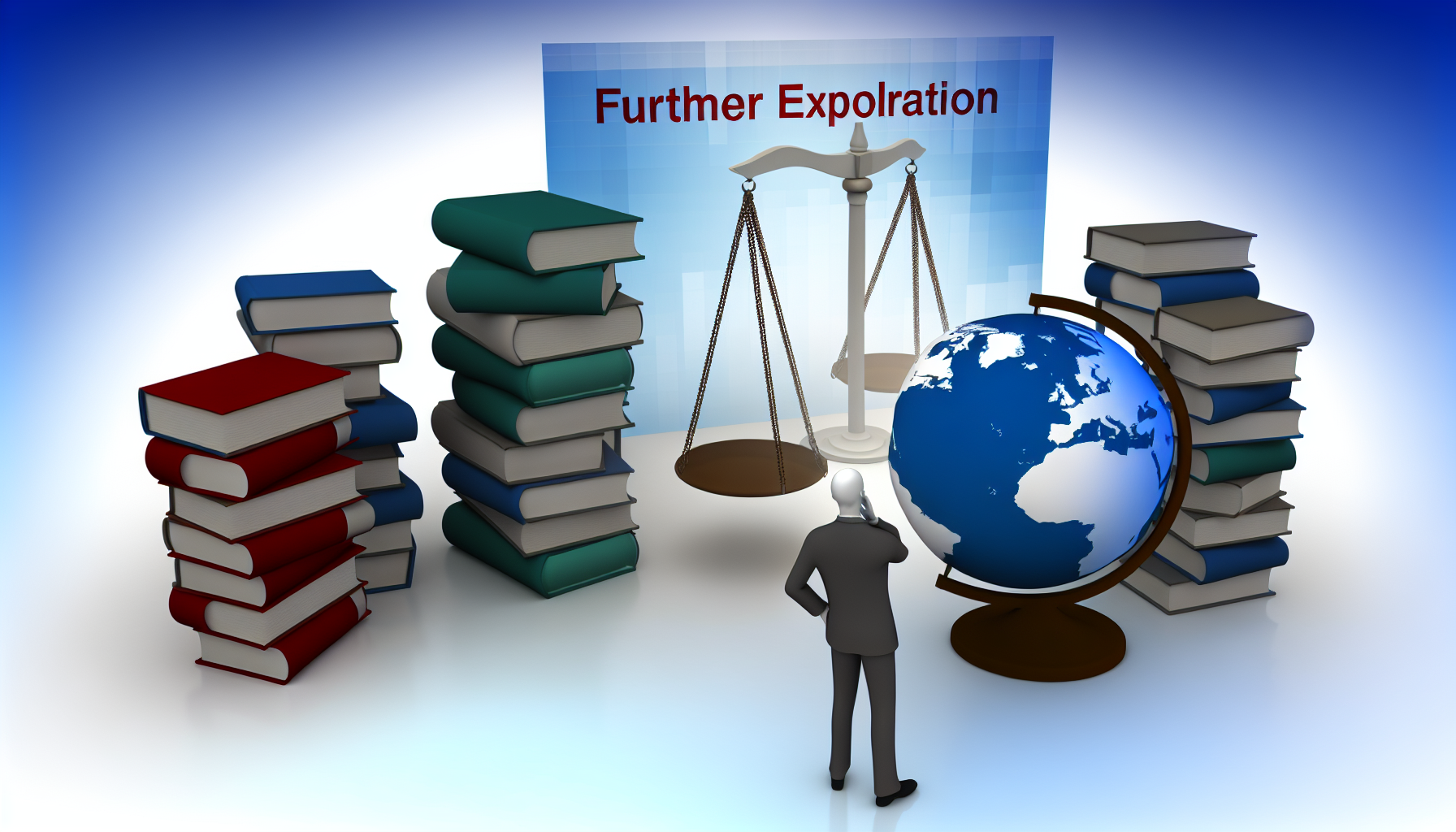
Delving deeper into political science can enrich your understanding of systems, theories, and the intricate workings of governance. To engage actively with this discipline, several actionable strategies can enhance your exploration.
One effective approach is to start with recommended readings. Classic texts such as John Locke’s “Two Treatises of Government” or Karl Marx’s “The Communist Manifesto” provide foundational insights into political theory. Additionally, contemporary authors like Francis Fukuyama and Amartya Sen offer perspectives on current political systems and development. Joining online reading groups can also foster discussion and deepen your grasp of these works.
Moreover, participating in online courses is an excellent way to expand your knowledge at your own pace. Platforms such as Coursera or edX provide access to courses from reputable institutions on various political science topics, including comparative politics, international relations, and public policy. These structured courses often include discussions, quizzes, and forums to facilitate interaction with fellow learners, which enhances your educational experience.
Engaging in civic activities is another valuable method to apply political science theories in real-world scenarios. Volunteering for local political campaigns or advocacy organizations offers practical insights into electoral processes and community issues. These experiences not only help build your civic skills but also connect you with individuals who share similar interests in political matters.
Attending public lectures, workshops, and panel discussions can also foster a dynamic engagement with contemporary political issues. Many universities and community organizations host such events, providing opportunities to hear from experts and engage in dialogue. Participating in these discussions allows you to stay informed about current political debates while honing your critical thinking skills.
In conclusion, engaging with political science through readings, courses, civic activities, and discussions will foster a comprehensive understanding of the field. This active participation not only enhances your knowledge but also empowers you to contribute meaningfully to civic life.
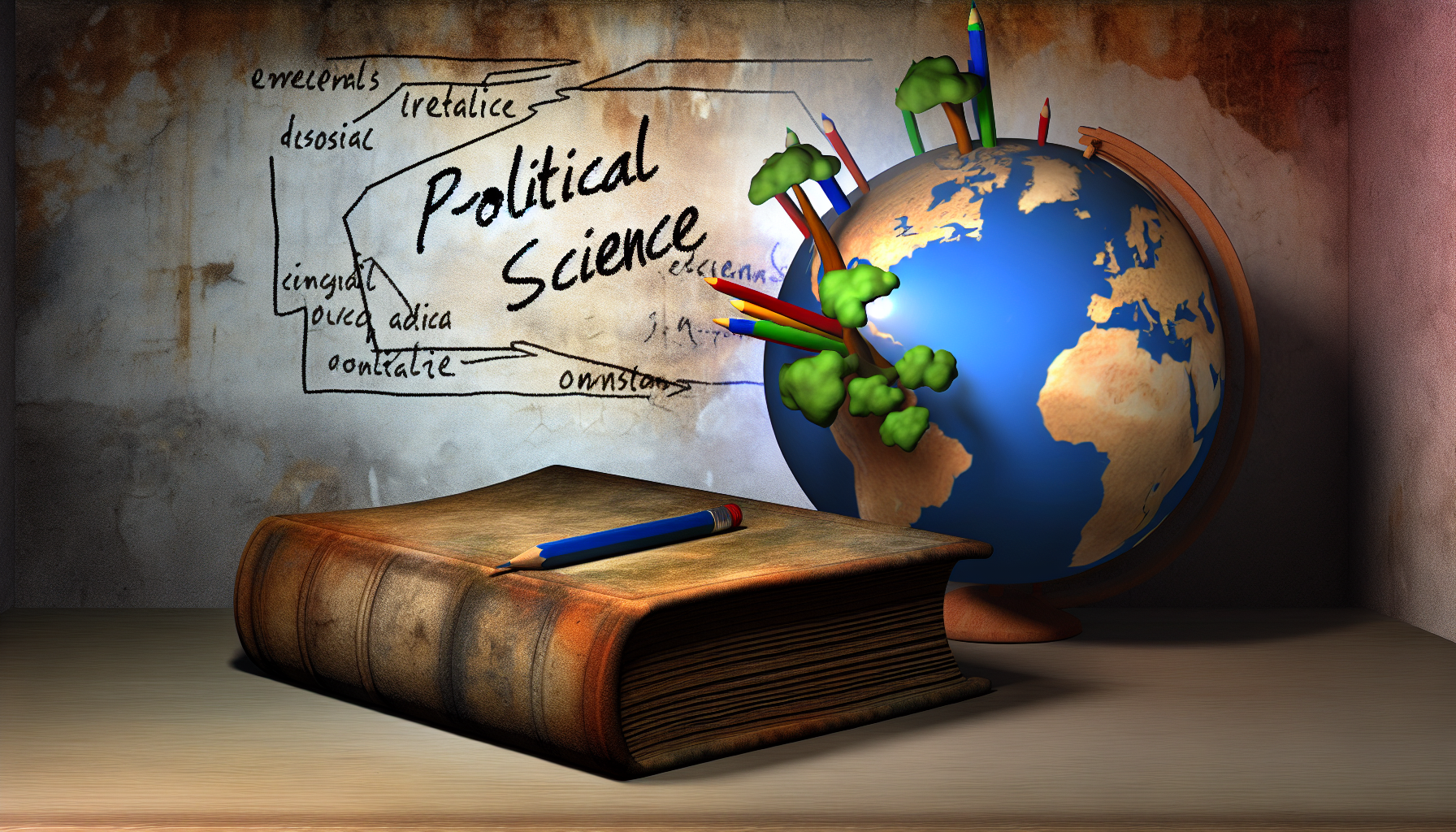
In today’s rapidly evolving socio-political landscape, the discipline of political science remains integral to comprehending the complexities of governance and societal structures. Throughout this blog post, we have explored various political systems and theories, showcasing how they piece together to form the fabric of our political realities. Understanding these frameworks not only provides insight into the mechanisms of power and authority but also equips individuals to engage critically with political issues that shape their lives.
Political science encompasses a diverse array of topics, from democratic institutions to authoritarian regimes, and the theories that underpin them play a pivotal role in informing public policy and citizen engagement. Scholars and practitioners in the field analyze political behavior, the role of government, and the effects of international relations on domestic affairs. As globalization intensifies, the relevance of political science becomes even more pronounced, necessitating a comprehensive grasp of how local actions resonate on a global scale.
Furthermore, political science fosters critical thinking and analytical skills that are essential for understanding contemporary challenges such as climate change, human rights, and social justice. By exploring different ideological perspectives and theoretical models, individuals can better appreciate the underlying values that drive political debates and decisions. Thus, the relevance of political science extends beyond academic contexts; it is vital for civic participation and informed citizenship in an age where misinformation can significantly skew public perception.
In conclusion, as we navigate the often turbulent waters of modern political discourse, an understanding of political science equips us with the tools necessary to critically analyze current events and trends. Engaging with this discipline not only enhances individual knowledge but also contributes to a more informed and active society, ready to address the challenges ahead.
Looking to advertise, promote your brand, or explore partnership opportunities?
Reach out to us at
[email protected]


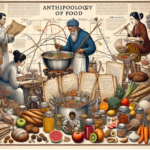





Chose where you want to study, and we will let you know with more updates.